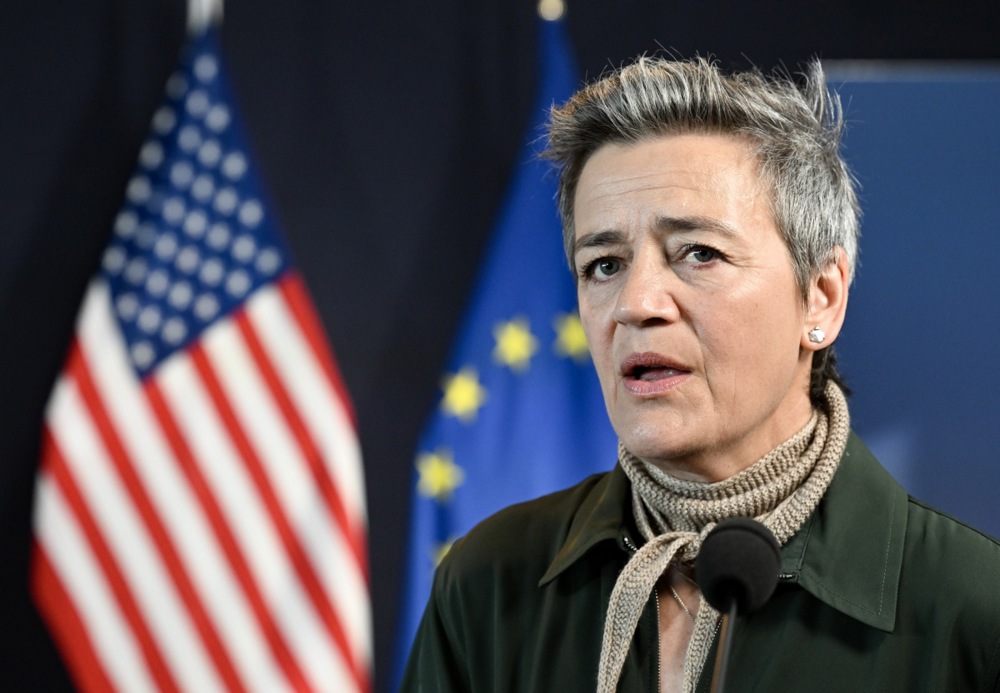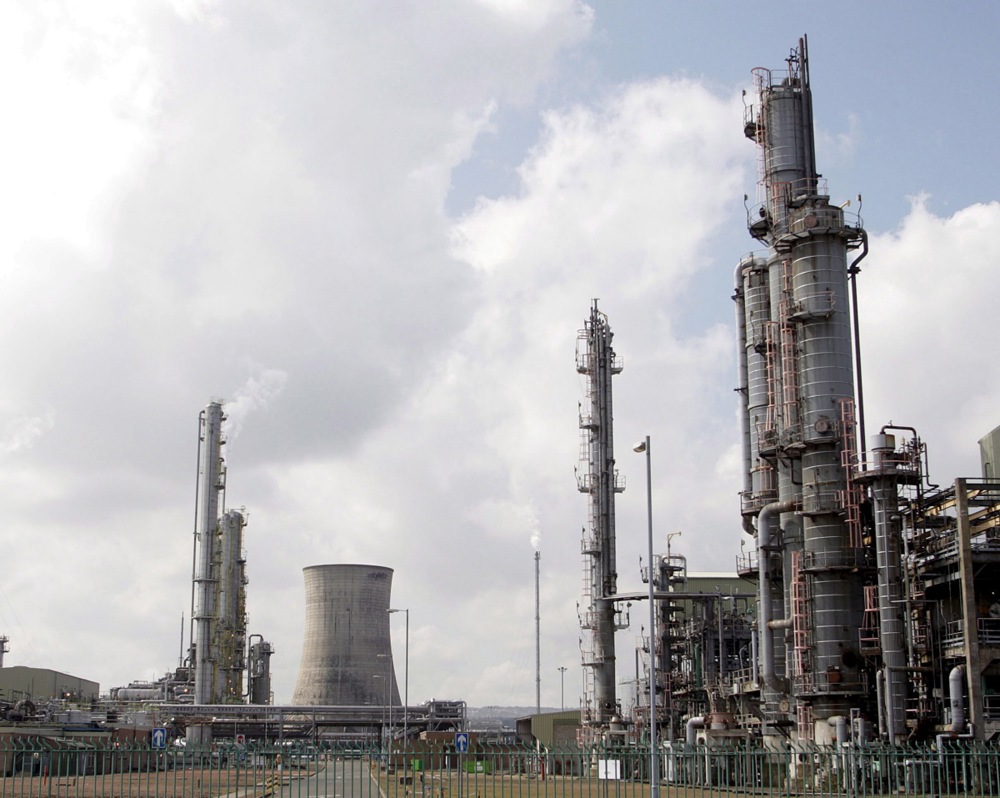The European Court of Auditors (ECA) is sounding an alarm over the potential negative effects of building wind farms at sea.
European countries are banking heavily on offshore wind farms but Europe’s main financial watchdog now says there is not enough known about the impact of that policy.
“Environmental and socio-economic impacts of the planned rapid expansion of offshore installations have not been properly assessed,” the ECA wrote, concerned that building ever more offshore wind farms will damage life within seas and on the surface.
In their report on offshore renewable energy (ORE), the auditors concluded that the European Union is making progress in its pursuit of climate and energy objectives but that it may still fall short of those targets.
They added: “Much more needs to be done to make offshore renewable energy socio-economically and environmentally sustainable.”
Since 2007, the EU has provided €2.3 billion for ORE technologies. In addition, €14.4 billion in loans and investments in equity have been provided by the European Investment Bank.
The ECA referred to what it said was a “green dilemma” regarding offshore wind farms, as it is “key for the EU’s green transition, but its development may damage the marine environment”.
In particular, the auditors pointed to the “potential environmental effects, including species displacement and changes in population structure, food availability or migratory patterns, to name but a few”.
Nikolaos Milionis, the ECA member who led the audit, said: “The Russian invasion of Ukraine has highlighted the importance of the EU’s energy independence and our seas may be part of the solution.
“But the EU’s ‘blue revolution’ should not be pursued at all costs: offshore renewables must not lead to any significant social or environmental damage.”
The report pointed out that conflicts with fisheries remain largely unresolved and opposition to ORE often re-emerges as individual projects are assessed. There is also a lack of co-operation with European countries, leading to “missed opportunities”, it read.
The auditors also noted that risks to the supply of critical raw materials may slow down the rollout of ORE in Europe due to a heavy dependence on China for required construction materials.
They also “raise concerns about the security of supply amid current geopolitical tensions”.
The auditors also highlighted the danger of inefficient administration. “Lengthy national permitting procedures represent another barrier,” they said, naming France as the worst offender.
EU action & money have contributed to the development of ‘blue energy’ in pursuit of climate and energy objectives.
But the ??’s ambitious growth targets may be difficult to achieve, while more needs to be done to assess socio-economic & environmental impacts.
— European Court of Auditors (@EUauditors) September 18, 2023
In reply, the European Commission reaffirmed the importance of offshore renewable energy, calling it “essential.” The EC stressed the importance of technological innovation in tackling related problems.
“We will of course follow up on the implementation of our recommendation, as per our normal procedures after a period of three years,” it said.
Regarding conflicts with fisheries, the EC pointed to other studies and what it said was a lack of wider co-operation, adding that it has been supporting cross-border co-operation since 2015.
It agreed that access to raw materials, and materials in general, represented a potential problem. The EC said the Green Deal Industrial Plan for the Net-Zero Age and for the Net Zero Industrial Acts would act as solutions.
It also concurred that several aspects of marine biodiversity protection needed to be addressed and it accepted the recommendations from the ECA.
Despite the report highlighting some difficult issues, the EC’s reply was generally positive.
Asked about it, a spokesperson for the ECA told Brussels Signal it was “satisfied with the European Commission’s replies,” as the EC accepted the auditors’ recommendations and detailed actions it intended to take.





